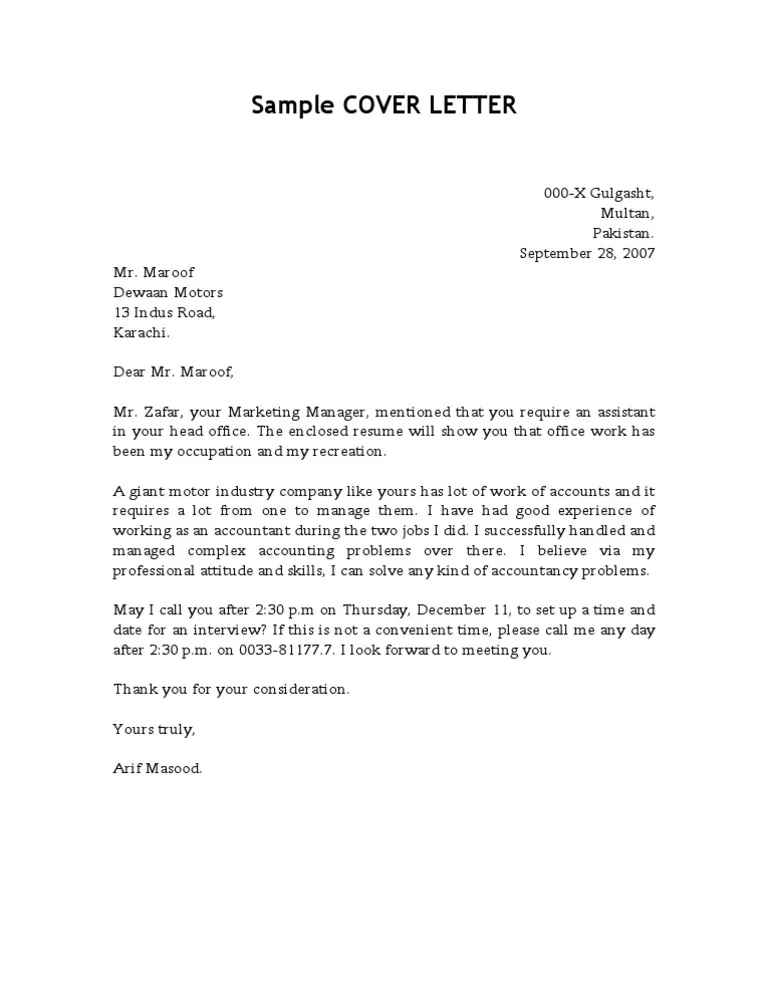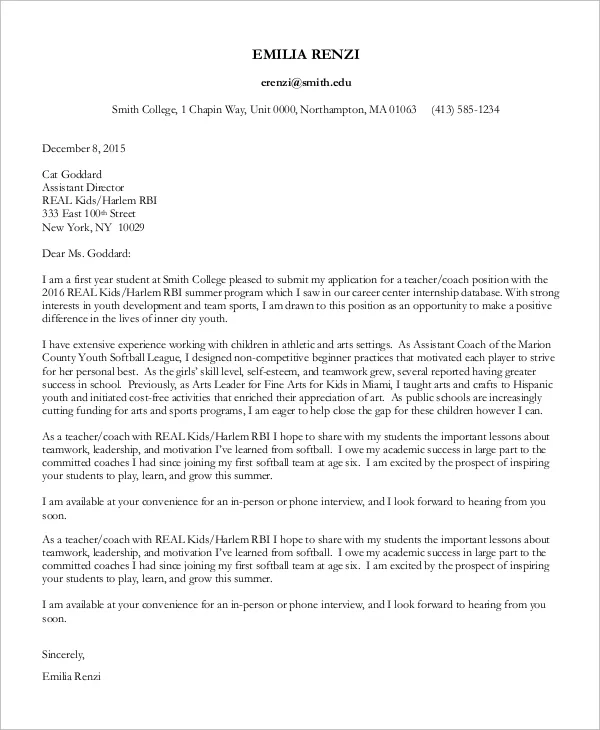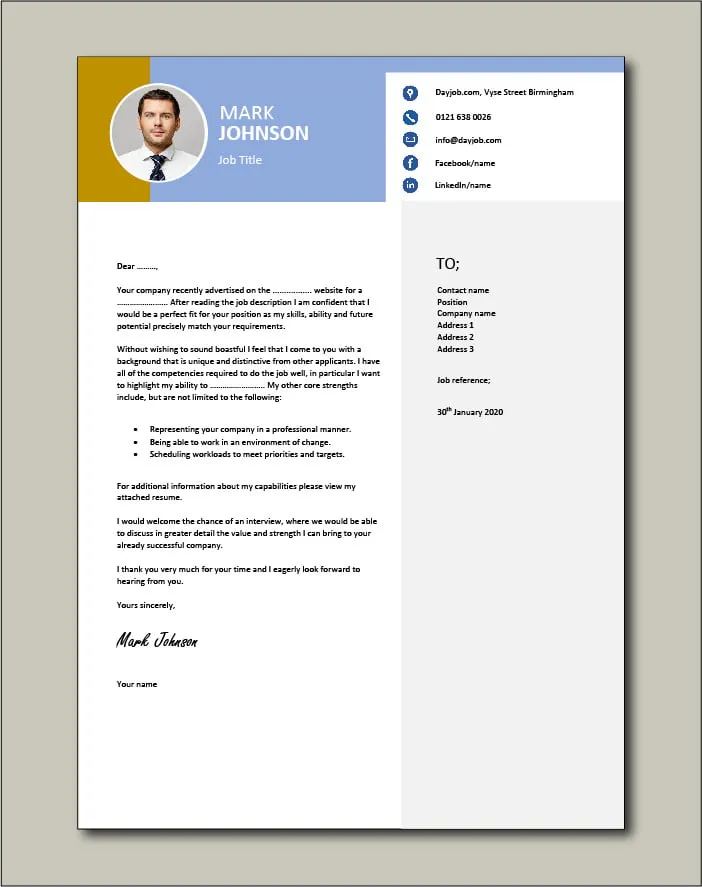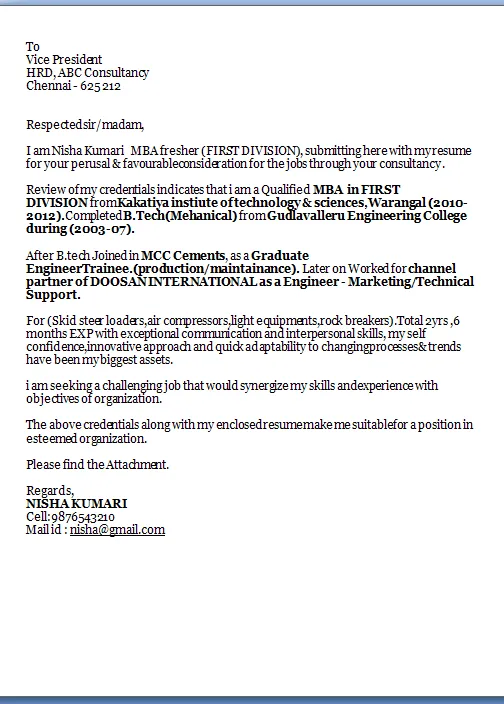What is a Cover Letter?
A cover letter is a crucial document that accompanies your curriculum vitae (CV) or resume when applying for a job. It serves as an introduction to the hiring manager, providing an opportunity to showcase your personality, express your interest in the specific role and company, and highlight the skills and experiences that make you a strong candidate. Unlike a CV, which provides a comprehensive overview of your work history and qualifications, a cover letter allows you to tell a story about yourself, explaining why you are the perfect fit for the position and how your aspirations align with the company’s goals. A well-crafted cover letter can significantly increase your chances of getting an interview, as it demonstrates your genuine interest and attention to detail, setting you apart from other applicants who may simply submit their CVs without a personalized introduction.
The Importance of a Cover Letter
The importance of a cover letter in today’s job market cannot be overstated. It goes beyond simply reiterating the information already present in your CV. A cover letter offers a unique platform to communicate your enthusiasm for the specific job and company. It allows you to articulate your career goals and explain how they align with the company’s mission and values. Moreover, a cover letter enables you to provide context for your experiences, emphasizing the skills and achievements most relevant to the role. By showcasing your writing abilities, attention to detail, and understanding of the job requirements, a cover letter demonstrates your professionalism and commitment. Furthermore, it allows you to address any potential gaps or weaknesses in your CV, such as career transitions or periods of unemployment, providing a more holistic view of your candidacy and increasing your chances of securing an interview. In a competitive job market, a well-written cover letter can be the deciding factor in whether you advance to the next stage of the hiring process.
Top 7 Tips for Writing a Cover Letter

Writing an effective cover letter requires careful planning and execution. Following these 7 tips, you can create a cover letter that grabs the hiring manager’s attention and significantly increases your chances of getting an interview. These tips cover everything from initial research to final proofreading, providing a roadmap for crafting a compelling and personalized cover letter that highlights your strengths and showcases your enthusiasm for the role and the company.
Tip 1 Research the Company
Before you start writing, conduct thorough research on the company. Understand their mission, values, products or services, and recent achievements. This information will help you tailor your cover letter to demonstrate a genuine interest in the organization. Visit their website, read news articles, and check their social media presence. Identify specific aspects that resonate with you and align with your career goals. By demonstrating this knowledge in your cover letter, you show the hiring manager that you are not just applying for a job but are genuinely interested in becoming a part of their team. You can directly address the company’s initiatives and discuss how your skills and experience can contribute to their success. This level of preparation makes your application stand out and shows your commitment to the potential employer.
Tip 2 Customize the Letter
Avoid using a generic cover letter. Customize each letter for the specific job and company. Review the job description carefully and identify the key requirements. Highlight the skills and experiences that match those requirements, providing concrete examples of your achievements. Use the company’s name and the hiring manager’s name if available. Personalization demonstrates that you’ve invested time and effort in the application, making a positive impression on the hiring manager. Tailor your letter to reflect the unique aspects of each role, showcasing your understanding of the company’s needs and how you can contribute to their goals. Addressing the specific needs of the employer makes your application more relevant and increases your chances of making a strong impact.
Tip 3 Highlight Relevant Skills and Experiences

Focus on the skills and experiences most relevant to the job. Do not simply list your qualifications from your CV. Instead, provide specific examples of how you have used these skills in the past to achieve positive outcomes. Quantify your achievements whenever possible. For example, instead of saying you ‘managed projects’, state that you ‘successfully managed five projects, completing them on time and under budget.’ Use action verbs to describe your accomplishments and provide a concise narrative of your professional history. Explain how your past experiences make you a strong fit for the specific role. This approach shows employers that you are a results-oriented individual and have the capabilities to excel in the position.
Tip 4 Use a Professional Tone
Maintain a professional tone throughout your cover letter. Use formal language, avoid slang or colloquialisms, and ensure your writing is clear and concise. Proofread your letter carefully for any grammatical errors or typos. Address the hiring manager by their name, if known, or use a professional salutation such as ‘Dear Hiring Manager.’ Your cover letter is a reflection of your professionalism and attention to detail. Demonstrating a high level of writing and communication skill in your cover letter leaves a positive impression on the hiring manager. A well-written cover letter that is free from errors shows that you respect the employer and the application process. A professional tone also makes the cover letter easier to read and understand, which is essential for effective communication.
Tip 5 Keep it Concise
Keep your cover letter concise and to the point, aiming for a single page. Hiring managers are busy and may not have time to read lengthy documents. Focus on the most important information and avoid unnecessary details. Start with a compelling introduction that grabs the reader’s attention and clearly states your purpose. In the body of your letter, highlight your relevant skills and experiences, providing specific examples. End with a strong closing statement that reiterates your interest in the position and includes a call to action. A well-structured cover letter, that is brief, is more likely to hold the reader’s attention. Brevity helps the hiring manager quickly grasp the most important points, which in turn helps them assess your suitability for the role. Every word must contribute to your message and add value to your application.
Tip 6 Proofread Carefully

Proofread your cover letter multiple times to catch any errors. Spelling and grammatical mistakes can damage your credibility. Use a grammar checker tool, and have someone else review your letter for a fresh perspective. Errors, such as typos and grammatical mistakes, give the impression that you lack attention to detail. A well-proofread cover letter demonstrates that you are meticulous and committed to producing high-quality work. Thorough proofreading ensures that your message is clear, professional, and error-free, significantly enhancing your chances of getting an interview. Consider reading the cover letter aloud, which often helps catch awkward phrasing or errors that you might miss otherwise.
Tip 7 Call to Action and Closing
End your cover letter with a clear call to action, expressing your interest in an interview. Thank the hiring manager for their time and consideration. Include your contact information, such as your phone number and email address, making it easy for them to reach you. A strong call to action shows that you are proactive and eager to move forward in the application process. The closing should be polite and professional, reinforcing your enthusiasm for the opportunity. By providing your contact information, you ensure that the hiring manager can easily reach you. A well-crafted closing leaves a positive impression and encourages the hiring manager to take the next step, increasing your chances of securing an interview.
